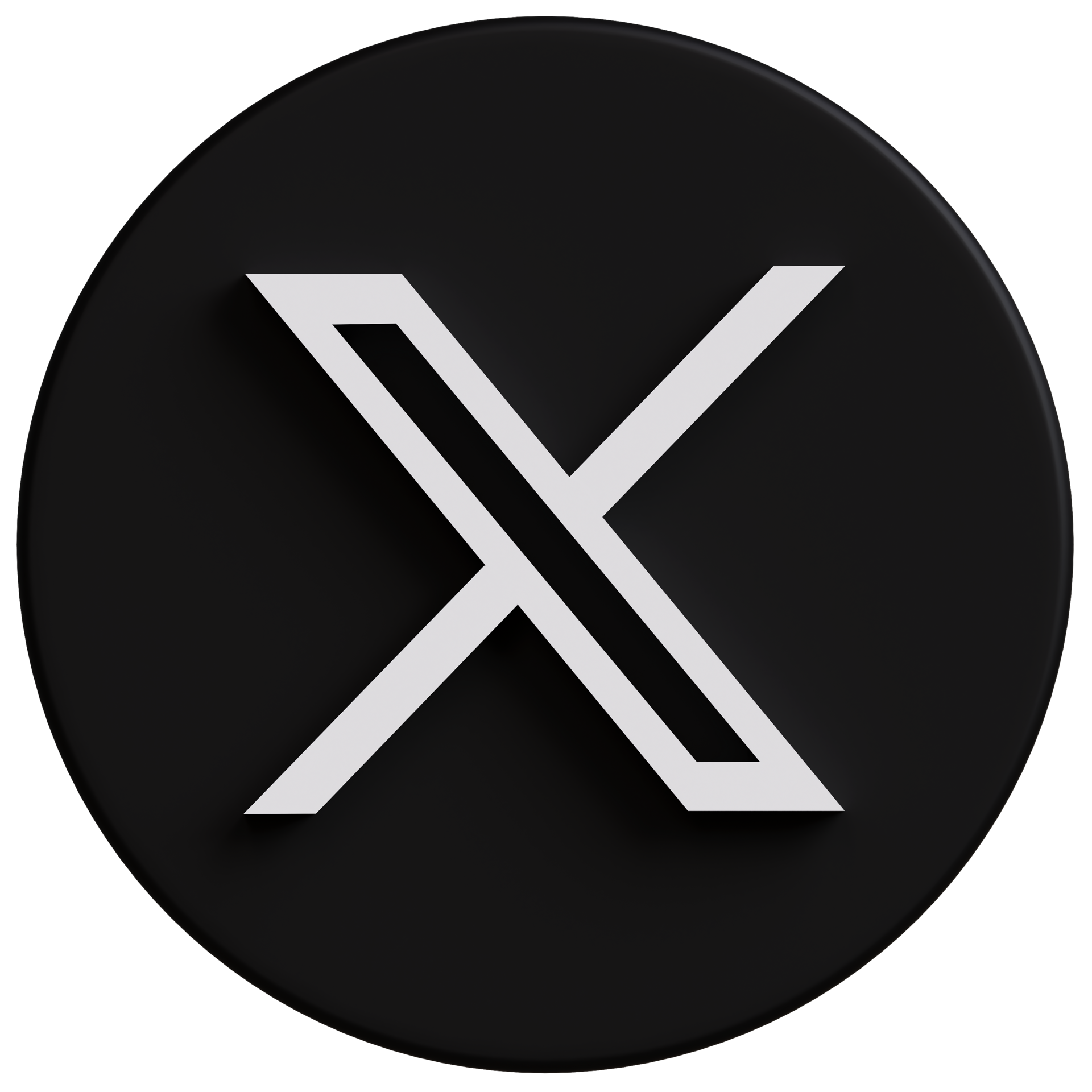Today the market is jammed pack with a plethora of computers varying in size and utility. Broadly classified as Desktop PC, Laptops and Tablets. Each of these three come with their own advantages and disadvantages as well which makes a user's choice amongst the three very difficult. Everyday a new component is released to enhance the potential and performance of the three adding to the grief of a customer.
So the big question is ‘Which one is better for my needs?’ In this article we will try to explain the main differences and hopefully make your choice easier. Smartphones will not be considered, as they are generally purchased for uses other than computing, although they can carry out many of the functions of a PC.
This type of computer is usually much bigger than a laptop. Its size varies from person to person and assembler to assembler. A fully working ‘set’ should consist of a case, a monitor, a keyboard and a mouse. This is the old time classic computer ‘set’ that most people had and many still do. Nowadays, a mouse can be incorporated into the keyboard (like a touchpad), or the monitor can be touchscreen so there would be no need for keyboard and mouse. Let’s see now some advantages and disadvantages of this type.
Advantages:
Laptop computers can be the size of a pretty big book and nowadays extremely lightweight courtesy to the advent of the Ultrabooks! There are two parts to a laptop: the first part is a screen that can also be a touchscreen, and the second part stores all the hardware such as CPU, HDD, MOBO, Keyboard, etc. They are usually equipped with a camera, a microphone, and a CD/DVD player. There is no need for a mouse since there is always a touchpad. Let’s now see some advantages and disadvantages of this type.
Advantages:
So the big question is ‘Which one is better for my needs?’ In this article we will try to explain the main differences and hopefully make your choice easier. Smartphones will not be considered, as they are generally purchased for uses other than computing, although they can carry out many of the functions of a PC.
Desktop:
Advantages:
- Suitable for gamers. High temperatures would be a disaster for most laptops.
- Best choice for multitasking. Running many parallel processes will increase your CPU maybe to 100% in a laptop and there is a chance of running low on memory.
- If you want to leave your computer running for days without shutting down the system, you don’t have to worry about a battery running down. Making it the best option for servers and large file downloading sessions.
- Desktops can be repaired more easily and often more cheaply than laptops.
- Depending on the case you choose, you can upgrade the whole system a bit at a time at a moderate cost and you can have an updated system running all the new software/games.
- The components can be added and piled up as and when you require easily and cheaply as per ones needs and choice.
- You can not move it. You buy it, place it near your desk and there it stays.
- Desktop computers take up a lot more space than a laptop.
Laptop:
Advantages:
- The basic reason that people choose laptops is portability. They can easily be moved around and connected to Wi-Fi spots.
- Similar gaming performance can be found in some higher tier laptops.
- Offers the same usage potential as a basic desktop PC.
- When you are not home it is running in battery mode, unless you can find a convenient power source.
- CPU, Memory, Disk are not so good as they would be in a desktop. Its not suitable for multi-tasking or gaming. There are many laptops in 2014, able to run almost all games. However, it will never be a positive point.
- Laptop’s have limitations on what can be upgraded. Unlike a desktop, laptops are typically all-in-one units and can be difficult to upgrade.
- Their cost per performance ratio is low as they are made for portability and not much performance!
Tablets:
A tablet is another solution. A bit smaller than laptops and larger than smartphones with sizes ranging from as small as 5' to 12'! They are not suitable for gaming or multitasking, but they are small and the perfect computer if you want to browse the Internet any time and are handy for note taking; ideal when you are in a conference.
Advantages:
- Portability (can work from everywhere and small enough to put in handbags)
- Small weight (lighter than most laptops)
- Can be used as a GPS navigation device
- Offer the same functionality as a normal computer
- Longer battery lifetime than laptops
- Even in absence of a power socket you can charge a dying tablet battery with a portable power unit available separately in the market.
- Hardware is prone to damage
- Weaker capabilities especially a broadband connection is not supported so you constantly need a Wi-Fi or a dongle to access the internet.
- Traditional keyboards are much more comfortable and durable.
- The screen size is too small in comparison with a laptop
- Higher cost
- Potential screen damages and repair costs
- Fewer ports for peripherals
- Cannot embrace massive amounts of data
- The type and speed of the input process (inputs with tablet PCs are slower than those with laptops)
- The OS that it runs on cannot be changed and can only be upgraded to a certain limit. So you loose the flexibility of using a different OS anytime you like to.



















0 comments:
Post a Comment